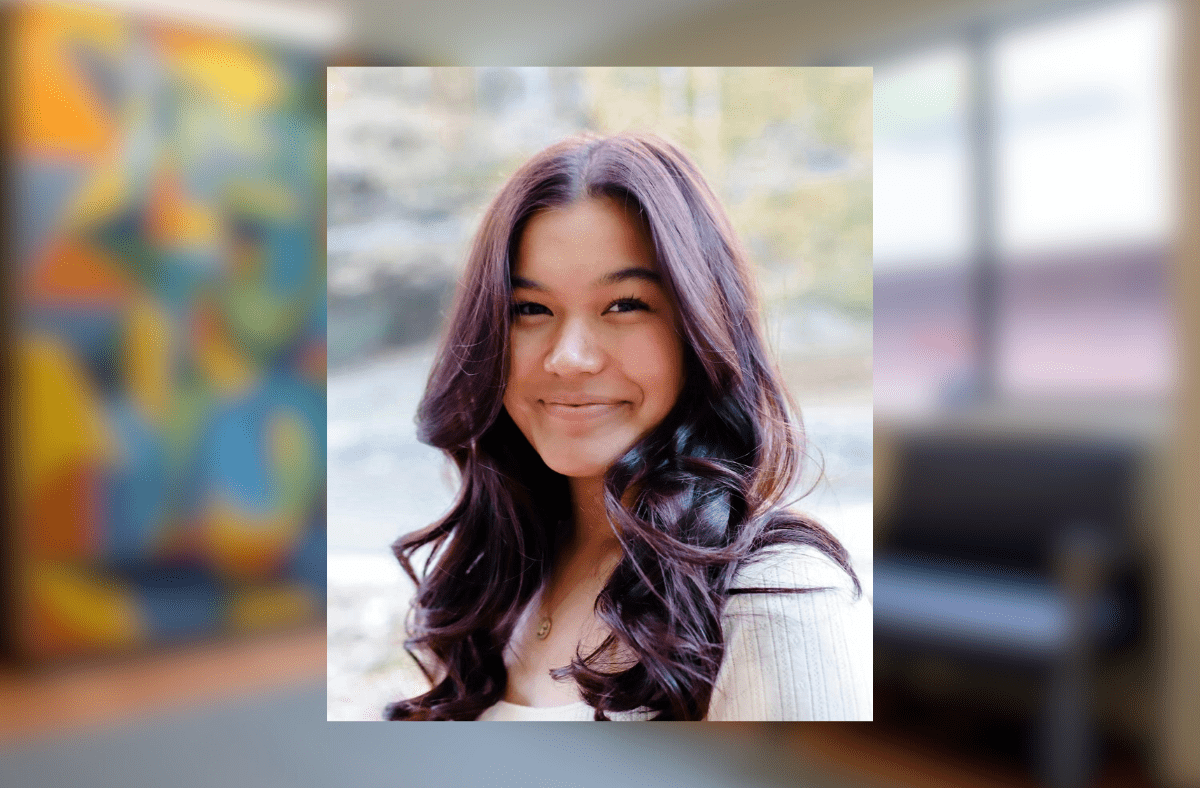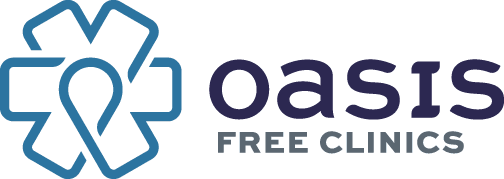
By Sage Tonomura-MacDonald, Oasis Summer Fellow
This summer, I had the opportunity to work as a fellow at Oasis Free Clinics in Brunswick, a no-cost health-care clinic supporting communities in need in Midcoast Maine. Oasis offers free medical, dental and vision care to members of our community who have nowhere else to turn, filling a critical gap in the community’s safety net.
As a summer fellow, I came into the clinic with projects that looked a little different from the day-to-day work of the providers, staff and volunteers at Oasis. My role was to analyze clinic data, including patient visits, cancellations and no-shows, to identify patterns that could help Oasis improve access to care. Initially, my project sounded straightforward: crunch numbers, find trends and propose solutions. I quickly learned that working with real-world data is messier than it seems in textbooks or the classroom.
My initial instinct was to move fast. I imagined creating models, drawing conclusions and proposing solutions that would help the clinic redesign its approach to patient outreach. I was eager to solve problems, some of which I wasn’t even sure existed yet. But my supervisor, Anita Ruff, executive director of the clinic, encouraged me to approach things differently. Rather than rushing to solutions, she encouraged me to slow down, take smaller steps and resist the temptation to jump to solutions before fully understanding the problem.
Instead of rushing, I learned to pause. To sit with incomplete data. To explore the nuances in no-show patterns before assuming what they meant. To recognize when a trend might reflect a deeper structural issue and when it might just be noise. This shift in perspective was difficult at first, as it can be uncomfortable to admit that you don’t yet know the answer. But throughout my summer at Oasis, I began to see the value in pausing, rather than the quick fix.
This lesson extended far beyond my spreadsheets and graphs. Oasis itself embodies the practice of patience and reflection in its approach to care. One of my most memorable experiences of the summer was attending a board meeting in which the members were working on revising the clinic’s mission statement. The conversation revealed a difference in perspective between board members, whose job it is to see Oasis through the lens of budget, strategy and growth, and staff members, who interact with patients face-to-face every day.
It was clear that the two groups didn’t always view patients the same way. What helped bridge the gap between groups was the stories shared by providers at the meeting describing real accounts of patients navigating complex challenges and resilience. These stories grounded the discussion, reminding everyone that behind numbers and policies there are individuals whose lives don’t necessarily fit neatly into a mission statement.
This moment showed me how patient-centered care guides Oasis, even at the board level. Just as I had learned with my project this summer, it is not about rushing to a perfect solution but about pausing long enough to see the full picture and all of its nuance. At Oasis, understanding the patient is always what comes first.
This mindset is what drives the work at the clinic. Observing the care at Oasis made it clear that providers are always taking the time to listen to their patients’ full story before coming up with a treatment plan or carefully designing policies to reflect the realities their patients face.
There is a deep commitment to listening first and acting second. Oasis has taught me that care is not just about what you do but about how you do it.
By the end of the summer, my fellowship had taught me a lot more than how to analyze patient data. It gave me a new way of thinking about problem-solving, care and community. Taking a pause is not necessarily wasted time; it can be an essential step in doing things right.
In data analysis, it means catching nuances you may miss in a rush. In health care, it means seeing the patient as a whole, not just their symptoms or circumstances. In community, it means making space for voices that may go unheard.
I came to Oasis to learn about new systems of health care and policy. I am leaving Oasis with a deeper understanding of something more fundamental: the value of patience, presence and having the ability to pause long enough to see clearly. At Oasis, the pause is not a delay but the beginning of compassionate, patient-centered care.
Sage Tonomura-MacDonald is a Bowdoin College McKeen Fellow at Oasis Free Clinics, a nonprofit, no-cost primary care medical practice and dental clinic providing patient-centered care to uninsured members of the community. For more information, call 207-721-9277 or visit OasisFreeClinics.org.

Recent Comments